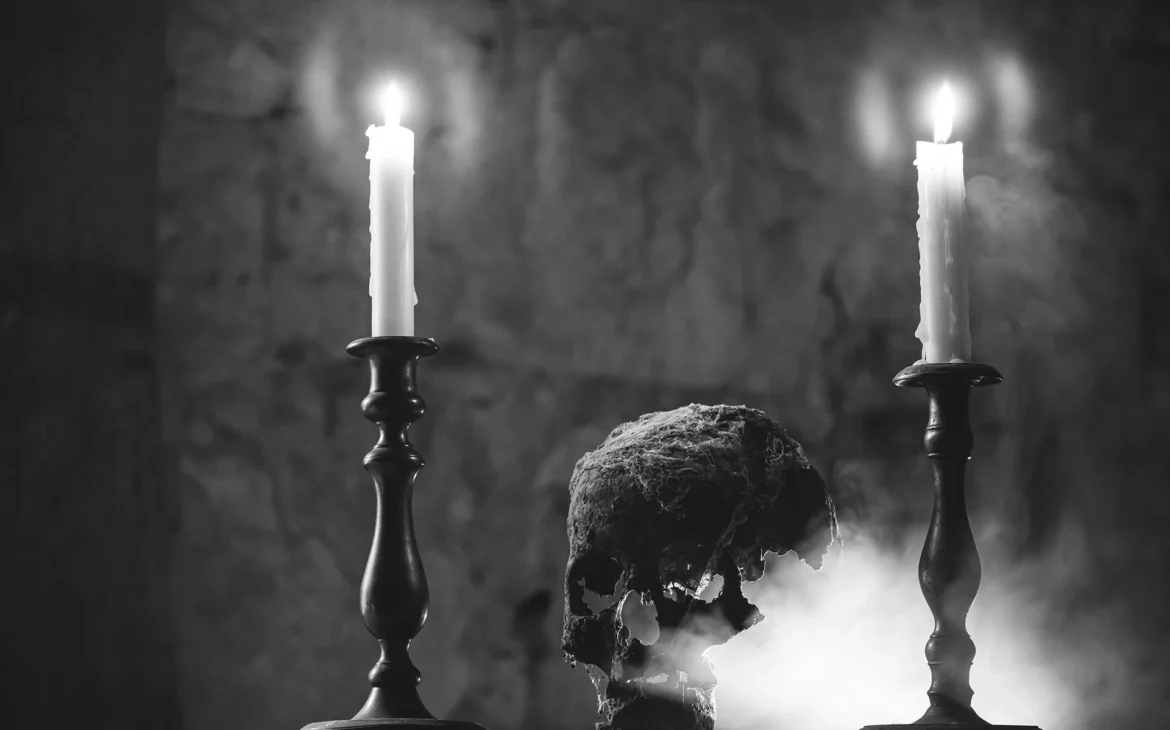Manipulators & Empaths

I recently stumbled upon a term and a question that instantly caught my interest: “dark empaths” and “who is a manipulator’s biggest fear?”
It’s fascinating — because manipulators often seem invincible, almost untouchable, given the damage they can inflict. But little did I know, manipulators do have a natural enemy. It’s almost like the timeless dance between villain and hero — and standing across from the manipulator is the dark empath.
This term intrigued me deeply. We’re all familiar with empaths, awakened empaths, and the beautiful sensitivity associated with them. But dark empaths? That’s something rarely talked about.
Who exactly are they? And why do they strike fear into the hearts of manipulators?
Dark Empaths
To understand dark empaths, we first need to step back and look at what an empath truly is. Empaths are known for their heightened sensitivity to the emotions of others — they feel deeply, intuitively picking up on subtle energies and unspoken feelings. Traditionally, empaths are seen as healers, nurturers, and protectors of emotional well-being.
But dark empaths are a different breed altogether. They, too, possess the powerful gift of emotional intuition — but instead of solely using it for healing, they understand that emotions are tools. Tools that can be used for protection, survival, and, if necessary, to mirror darkness back to those who abuse it.
They are empaths who have seen enough of the world’s shadows to recognize that kindness without boundaries can be dangerous — and sometimes, the only way to counter manipulation is through a kind of empathetic cunning.
In a way, dark empaths don’t seek to destroy like manipulators do — but neither will they stay defenseless.
Manipulator’s Biggest Fear
Manipulators thrive by preying on the vulnerabilities of others — guilt, kindness, fear, and confusion.
They weave narratives to trap their victims and bend emotions to their will.
But when they encounter a dark empath, something shifts.
Dark empaths don’t panic. They don’t fall for emotional traps. They observe, they understand — and they refuse to surrender their power. Where others become entangled, dark empaths reflect the manipulator’s tactics back at them, exposing the hidden games being played.
To a manipulator, a dark empath represents the most dangerous threat: someone who can see through them completely — and still remain standing.
Straddling Light and Dark
As I learned about dark empaths, I couldn’t help but ask myself: Where do I stand?
The truth is not simple —I straddle both sides.
I don’t seek to dominate or manipulate others. It isn’t my nature to cause harm for pleasure or gain.
But when pushed, when betrayed, when deeply wronged — I can act with clarity and sharpness that many would not expect.
It all comes down to one thing:
Is there a true need for action?
Is my safety, my heart, my future at risk?
If yes, I no longer hesitate.
Yet even then, my goal isn’t destruction. It’s preservation — of myself and what truly matters.
My Experience with Darkness
There was a time when betrayal opened the door to the darker parts of me.
When an ex-partner and someone I considered a friend betrayed my trust, I acted. I did not scream or confront. Instead, I planted seeds of doubt gently, truthfully — letting their own shadows erode the illusions between them.
I succeeded in keeping them apart romantically.
But once my purpose was complete, I let it go.
I had no desire to keep playing the game.
This experience taught me:
I can move through darkness if I must.
But I am not meant to live there.
Darkness, for me, is not a home — it is a battlefield I choose only when necessary.
Healing: A Different Kind of Strength
In the past, my love stemmed from fear — fear of loneliness, fear of not finding someone who would truly understand me.
Love felt essential, like air, like water. Without it, I feared I might vanish.
But healing transformed everything. Today, I see love as a beautiful addition to my life — not a necessity.
I am willing to walk away from relationships that cost me my peace. I do not lose myself to stay with anyone anymore. The strength I built isn’t loud or violent; it’s the quiet, unwavering decision to choose myself, again and again, no matter who stands beside me.
The Sword I Forged
Growth isn’t handed to us. We forge it — painfully, purposefully — as we forge a blade in fire and steel.
My ex once told me, “Continue forging your sword at my atelier.”
At the time, I believed him. I thought my strength needed someone else’s guidance to be real.
But during one of our hardest separations, I posted something on my own: “I’ll forge my sword at my own atelier.”
And I have.
Every scar, every tear, every hard decision became the fire that tempered my blade.
Today, I do not wield a sword born from someone else’s forge — I wield a sword that only I could have crafted.
Returning to My Inner Self
Healing didn’t just mean walking away from external battles. It meant turning inward — toward the quiet witnesses inside me who had been there all along.
In my mind’s eye, I see my inner child, smiling shyly but hesitantly.
Nearby, my inner teenager watches closely, standing guard — protective, cautious, almost distrustful.
I made a vow to my inner child years ago: “I will never abandon you again.”
And now, it’s time to fulfill that promise.
It’s time to sit with them, to listen to their fears, their dreams, their anger, and their sadness.
Not as a parent to a child, but as myself — whole, healing, real.
And so, with heart in hand and sword by my side, I take the first step back to the ones I once was.
Letters to my inner self — a journey of remembrance — begins next.


